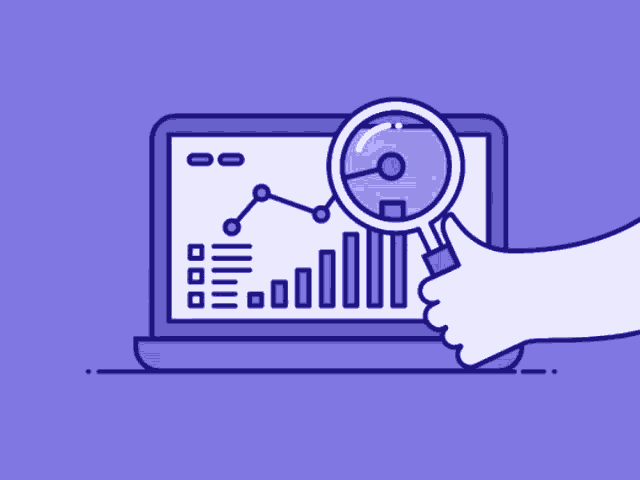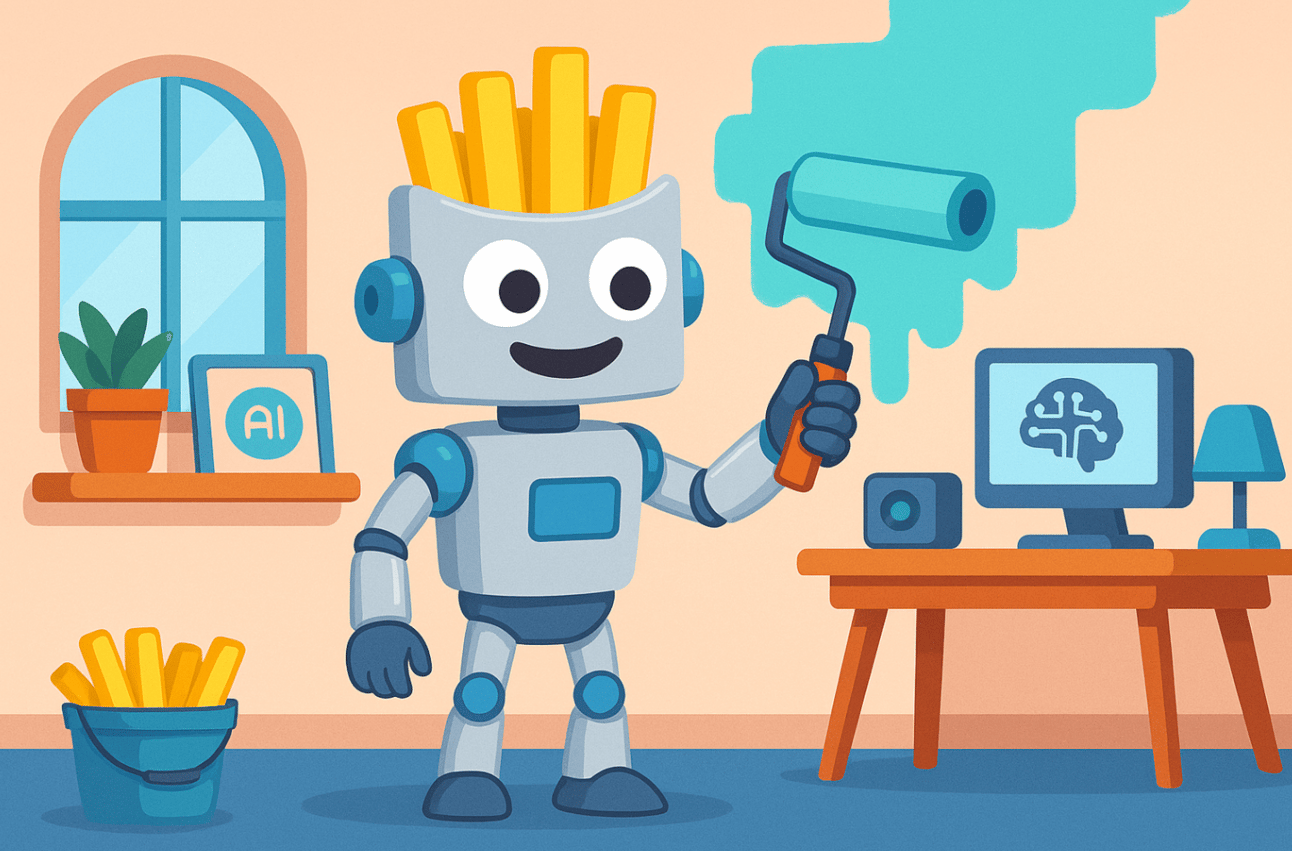
The fryer is hot, the prep is done, and you just walked into the kitchen like a boss. Let’s enjoy today’s AI takes! 🔥
Marketing ideas for marketers who hate boring
The best marketing ideas come from marketers who live it.
That’s what this newsletter delivers.
The Marketing Millennials is a look inside what’s working right now for other marketers. No theory. No fluff. Just real insights and ideas you can actually use—from marketers who’ve been there, done that, and are sharing the playbook.
Every newsletter is written by Daniel Murray, a marketer obsessed with what goes into great marketing. Expect fresh takes, hot topics, and the kind of stuff you’ll want to steal for your next campaign.
Because marketing shouldn’t feel like guesswork. And you shouldn’t have to dig for the good stuff.
🤯 MYSTERY AI LINK 🤯
(The mystery link can lead to ANYTHING AI-related: tools, memes, articles, videos, and more…)
Today’s Menu
Appetizer: Cloudflare looks to end data crawling 🛑
Entrée: Maine PD apologizes after sharing AI-altered image from drug bust 🚔
Dessert: AI-designed paints keep buildings cooler 🌡️
🔨 AI TOOLS OF THE DAY
💡 DeskMinder: Create quick desktop reminders with just one click. → Check it out
🗂️ Dynbox: Organize your files with AI. → Check it out
CLOUDFLARE LOOKS TO END DATA CRAWLING 🛑
Q: Why was the computer cold?
A: It left its Windows open! 👾
What's new? Web domains that sign up with Cloudflare will now be asked if they want to allow or block AI crawlers.
How does this work? Cloudflare, which helps protect content for a huge portion of the internet, is giving site owners more control over who can access their data. With 16% of global web traffic running through its network, this shift means AI companies like OpenAI and Google may no longer be able to freely scrape articles, images, and other content to train their models. Cloudflare will also offer a new “pay per crawl” option, allowing publishers to charge for access. The goal: stop bots from taking data without permission or compensation.
Why does this matter? AI crawlers have been quietly pulling massive amounts of information from websites without giving credit or revenue back to the original sources. Cloudflare’s move could reshape how AI is trained and who gets paid for the data it relies on.
“AI crawlers have been scraping content without limits. Our goal is to put the power back in the hands of creators, while still helping AI companies innovate.”
MAINE PD APOLOGIZES AFTER SHARING AI-ALTERED IMAGE FROM DRUG BUST 🚔
Q: Why did the cat get fined by the police?
A: Littering. 😹
What happened? The Westbrook Police Department in Maine has apologized after sharing a drug bust photo that was unintentionally altered by an AI tool.
Want the story? The image, posted on Facebook, was meant to show drugs seized during a June 24 raid. However, after public concern about odd, “gibberish” packaging, the department revealed the photo had been modified by an officer using a photoshop app—powered by ChatGPT—to add the department’s logo. In the process, the app inadvertently changed other details in the image. After initially denying any AI involvement, police admitted the error and shared the original photo. They called it a “valuable lesson learned.”
Why is this important? This incident highlights the growing risks of AI tools subtly altering images, even with benign intentions. In law enforcement especially, visual evidence must remain accurate and trustworthy. While the department emphasized the photo wasn’t meant to mislead, the confusion overshadowed the real story: a major fentanyl and methamphetamine seizure that led to six arrests.
AI-DESIGNED PAINTS KEEP BUILDINGS COOLER 🌡️
That’s right—we have our own AI-generated mascot now! 👆
What’s up? Scientists have created AI-designed paints that keep buildings dramatically cooler by reflecting sunlight and radiating heat more efficiently than standard coatings.
How did this work? Researchers from institutions in the U.S., China, Singapore, and Sweden used machine learning to develop these advanced paints, which can lower surface temperatures by 5°C to 20°C (41-68°F) under direct sun. The AI rapidly identifies ideal formulas by predicting how materials will behave—skipping the slow, trial-and-error process traditionally used in materials science. Applied to rooftops, these paints could cut air-conditioning use significantly; one study estimated the annual energy savings equivalent to powering 10,000 AC units if used across 1,000 buildings in hot climates.
Why is this significant? This breakthrough shows how AI is speeding up the discovery of high-impact materials that can combat climate change and reduce energy demand. It’s also just downright fascinating!
Learn how to make AI work for you
AI won’t take your job, but a person using AI might. That’s why 1,000,000+ professionals read The Rundown AI – the free newsletter that keeps you updated on the latest AI news and teaches you how to use it in just 5 minutes a day.
SALTY SATURDAY 🧂
Who is feeling salty in the AI world this week?
OpenAI is feeling salty after Cloudflare announced it will block AI crawlers by default on new websites. OpenAI criticized the move, arguing that Cloudflare is acting as an unnecessary middleman and disrupting the established system of using tools like robots.txt to manage access. The tension highlights growing friction between AI developers who need vast amounts of data and internet platforms trying to protect—and monetize—publisher content.
HAS AI REACHED SINGULARITY? CHECK OUT THE FRY METER BELOW:
What do ya think of this latest newsletter?
Your feedback on these daily polls helps us keep the newsletter fresh—so keep it coming!




